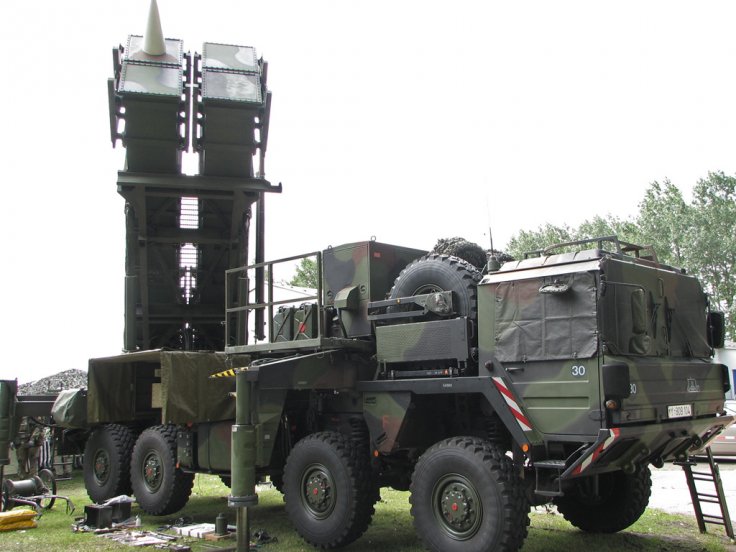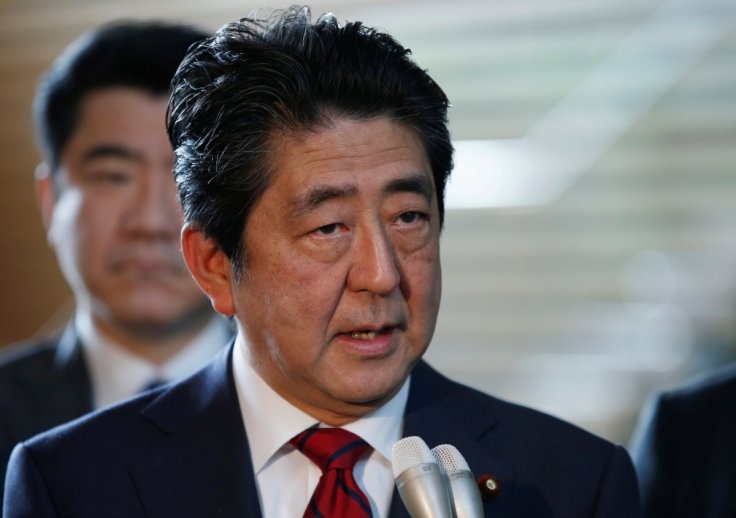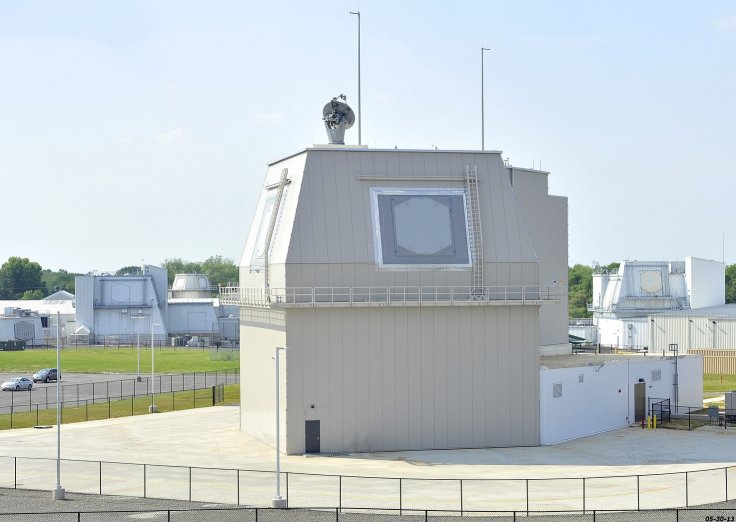Since the end of World War II, Japan has remained committed to pacifism. Furthermore, the Asian country has constitutionally (Article 9 of the Japanese constitution) obligated its government to not walk on the path of war again. However, the situation might be changing.
Alarm bells in Tokyo rang for the first time since WWII in 1998 when North Korea successfully tested a missile that flew over Japan to land on the Sea of Japan. Since then, North Korea and China have grown increasingly powerful weapons, including nuclear warheads and Japan's self-defense forces are facing a challenge to match their powers with conventional weaponry.
North Korea and China Threats
Since May 2019, North Korea has tested 33 missiles that can reach Japan within five minutes, as per the country's defense white paper. Some of the tests included lofted trajectory missiles which are difficult to shoot down beside a saturation attack that can strike the target with a swarm of missiles. And that has expectedly worried Japan as North Korea has been hostile to most countries including the U.S. and has repeatedly threatened with nuclear attacks.

As for China, the country is known for its expansionist attitude and territorial disputes with all its neighbors, even including ally Russia. But China's increasing movement in the South and East China Sea has been of a particular bother.
Apart from that, the Japan-administered Senkaku Islands have been in the spotlight for the last few months with Chinese ships surrounding the island system. China has also rejigged its attack capabilities with BeiDou satellite navigation system and ballistic missiles that can easily overwhelm Japan's defensive capabilities.
"As missile technology improves, if it is unavoidable to protect our country, it is necessary to stop a missile in the territory or airspace of an opponent," former Japanese Defense Minister Itsunori Onodera told media.
Over-Reliance on the US
As per the post WWII agreement, Japan has relied on the U.S. for security and has hosted its troops and ballistic missiles as the country was forced to adopt a pacifist constitution. But the increasing threats from neighbors and disputes in the South China Sea have forced Japan to move from the policy. Even current Japanese Prime Minister Shinzo Abe has indicated an amendment to the country's pacifist constitution.

Japan's worries about self-defense capabilities have grown immensely since U.S. President Donald Trump assumed office in 2016. He has indicated a change in the U.S. policy of being the world's policeman and has bullied Asian countries like Japan and South Korea to pay up more for its troops. Former U.S. National Security Advisor John Bolton, in his book 'The Room Where It Happened', claimed that Trump wanted Japan to pay an additional $8 billion annually for hosting U.S. troops.
Self-Reliance
With COVID-19 pandemic already crippling most of the economies including Japan's, it's unnecessary to pay the additional sum. Instead, Japan is moving closer to becoming self-reliant, rather than depending on a country which sees its armed forces as a money-making machine. Last week, Japan's ruling Liberal Democratic Party (LDP) had decided to approve a proposal that would see the nation acquiring or even develop weapons capable of striking ballistic missiles in enemy territory.

"Our country needs to consider ways to strengthen deterrence, including having the capability to halt ballistic missile attacks within the territory of our adversaries," the proposal document said.
The lawmakers of Japan are careful though. A change in the U.S. President could prompt a shift in policy once again and Japan may not need to bear the proposed additional cost for stationed troops. But self-reliance is the way to go from here. They have also urged for improving Japan's intelligence, surveillance and reconnaissance capabilities.
Scrapping Aegis Ashore
Japan already had PATRIOT missile defense system to fend off attacks from North Korea or any hostile country. But as both North Korea and China have developed powerful attack capabilities, Japan needed to upgrade the defense system.
The first choice was the U.S. made Aegis Ashore. But Japan scrapped the plans of buying the missile defense system owing to technical issues. Initially, the Aegis Ashore system was estimated to cost around $4.2 billion. But then the country's defense ministry learned that the cost would be an additional $1.89 billion with technical issues that could take 12 more years to fix.
The technical issue is that Aegis booster can fall within a wide radius once launched. And that is a problem for Japan as the radius would include residential areas of Yamaguchi and Akita prefectures where the missiles were supposed to be based.

While some saw acquiring Aegis Ashore and defensive equipment from the U.S. as a part of Abe's cozying up to Trump, Japan needed the anti-missile system to counter an erratic Kim Jong Un (North Korea's premier). Some Japanese lawmakers have even pushed for a preemptive strike against adversaries. Thus, an alternative system is required. It remains to be seen whether Japan develops its own defense system or acquire from its ally U.S.
"Today, what is needed is not just protection against ballistic missiles but Integrated Air and Missile Defense, which protects from ballistic missiles, cruise missiles, and other aerial threats," Tom Karako of the Center for Strategic and International Studies told Nikkei Asian Review. "So, from a capability standpoint, I think Japan had very good reasons to rethink its plans."









